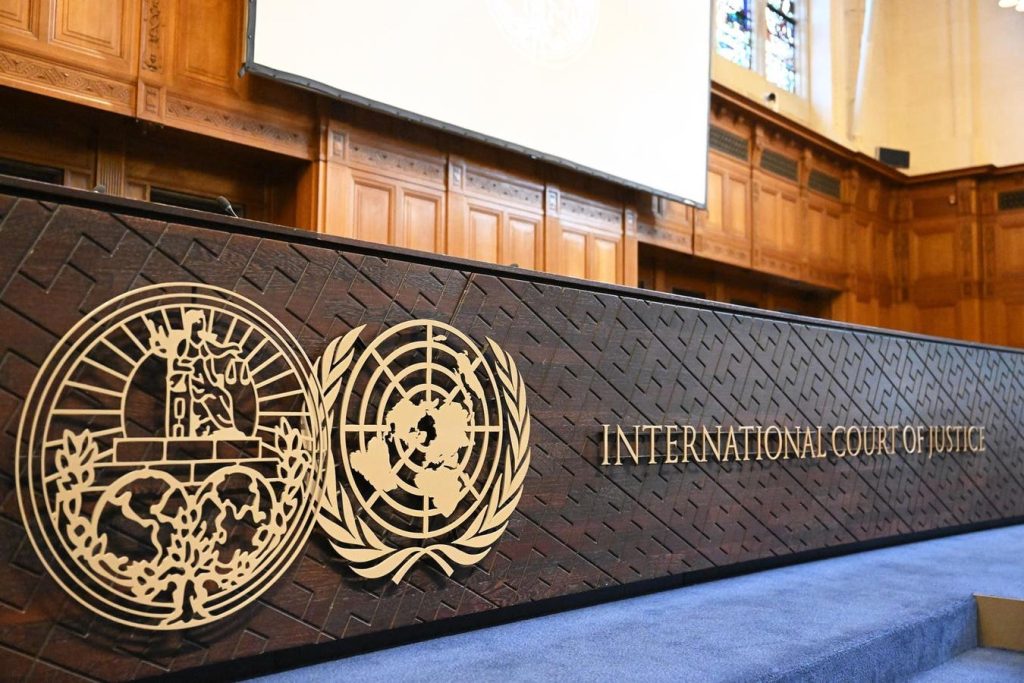The International Court of Justice has extended the deadline for submissions of responses to written statements in its advisory opinion on the Obligations of States in respect of Climate Change. At the request of the United Nations General Assembly, the ICJ will determine the existing financial liability of countries for their contribution to climate change. The updated timeline extends the response time to August 15. This decision comes after the UNGA asked the ICJ to issue an advisory opinion on the legal obligations of countries in preventing climate change on March 29, 2023. The opinion, while non-binding, will give an indicator of how the Court may interpret future climate-related litigation and guide future legislative development.
The UN provided an initial package of relevant laws and treaties to the Court, prompting the need for member states and international organizations to submit their legal arguments and opinions through written statements by March 22. In April, the Court announced they had received a record-high 91 written statements. Each party has the opportunity to file a written response to the original statements, with the original deadline being June 29. However, the Court has now extended the deadline to August 15, giving parties more time to craft their responses, leading to the possibility of further extensions due to the high volume of statements.
Furthermore, the Court has indicated that it will hear oral arguments in the case. While the initial plan did not include oral arguments, the Court is amending procedures as needed. The Court has not provided details on the process for oral arguments or who will be granted the opportunity to present during this phase. The Court is making adjustments to deadlines based on requests from parties involved in the case, indicating a willingness to accommodate the needs of all stakeholders. This flexibility in the timeline, along with the addition of oral arguments, suggests that the final opinion may not be issued until 2025 or 2026, highlighting the complexity and significance of the case.


